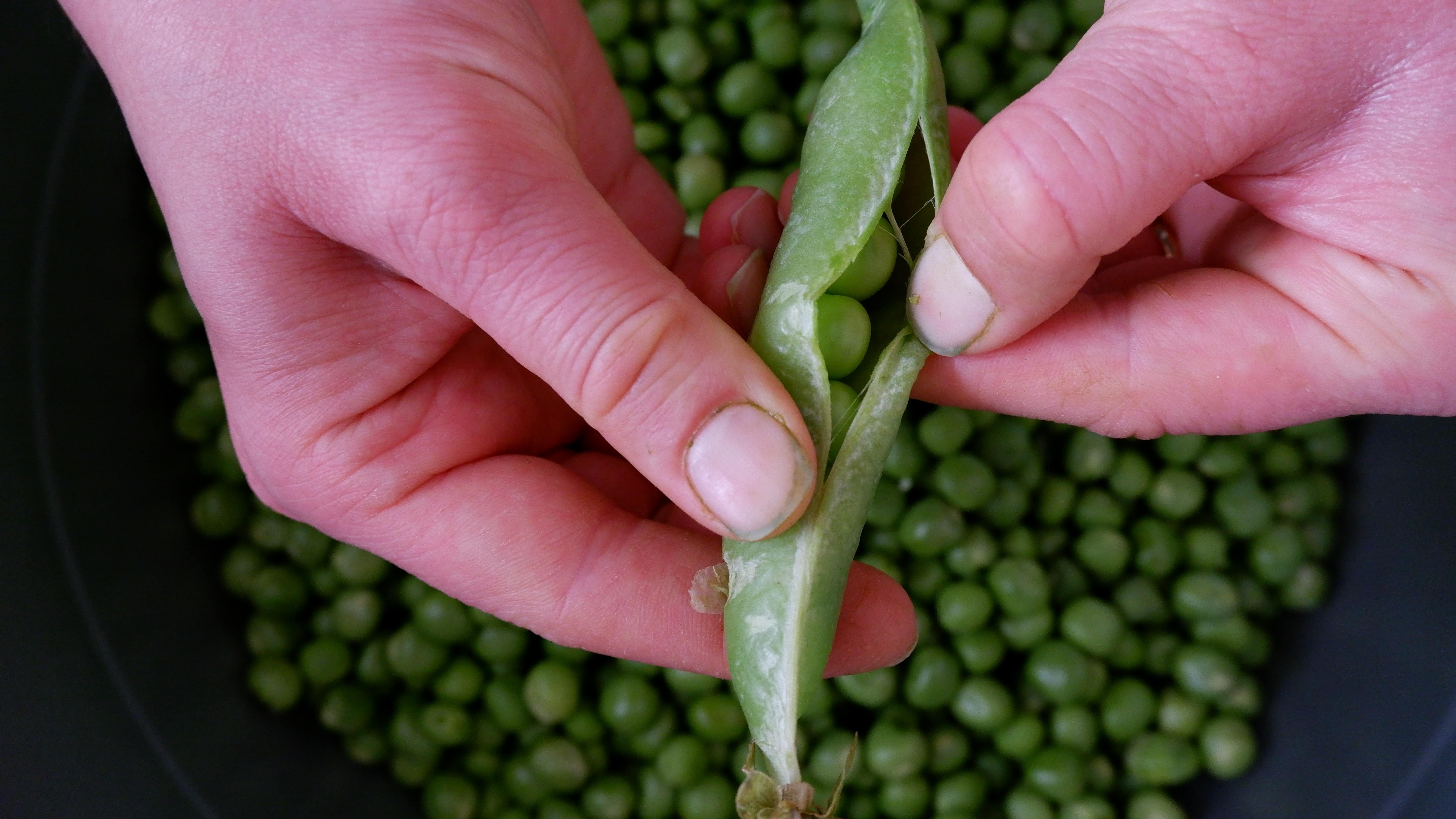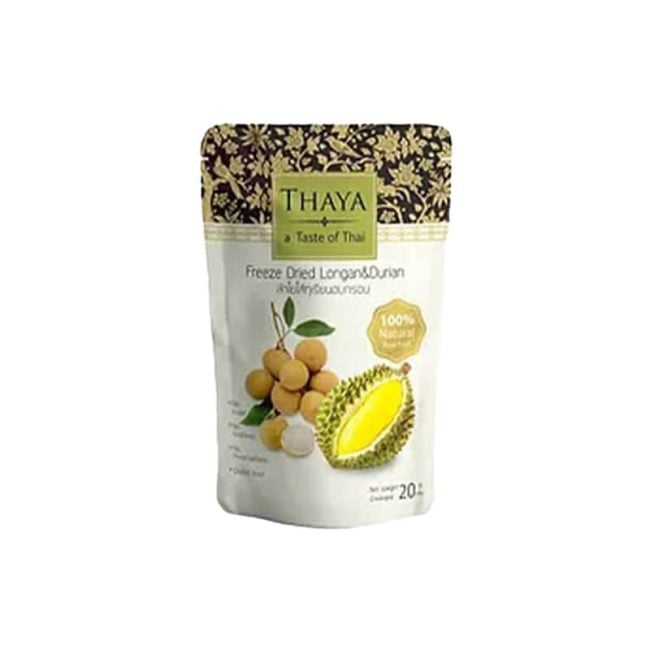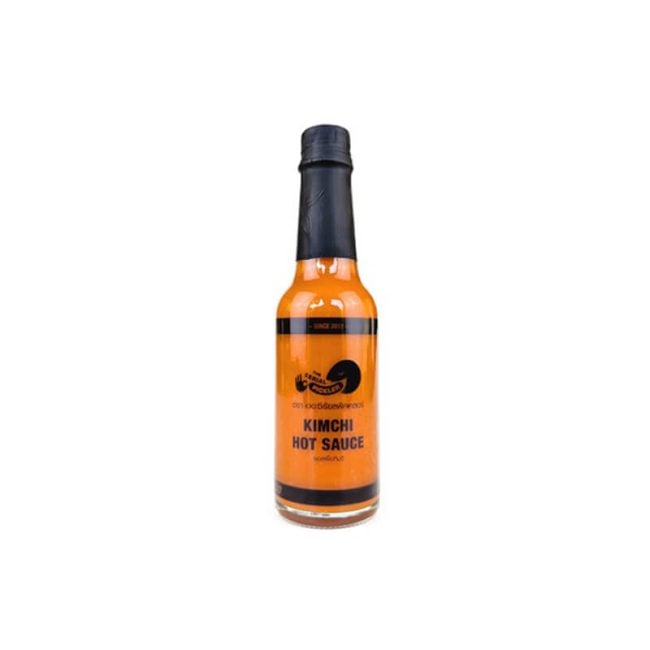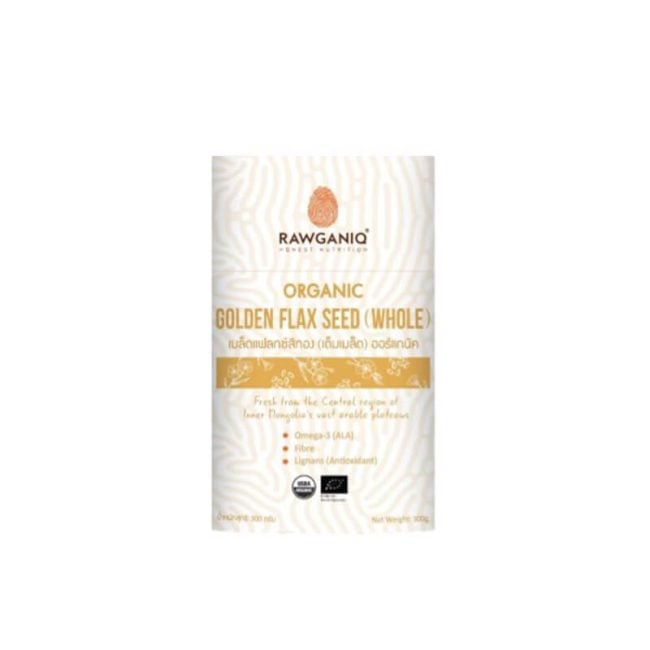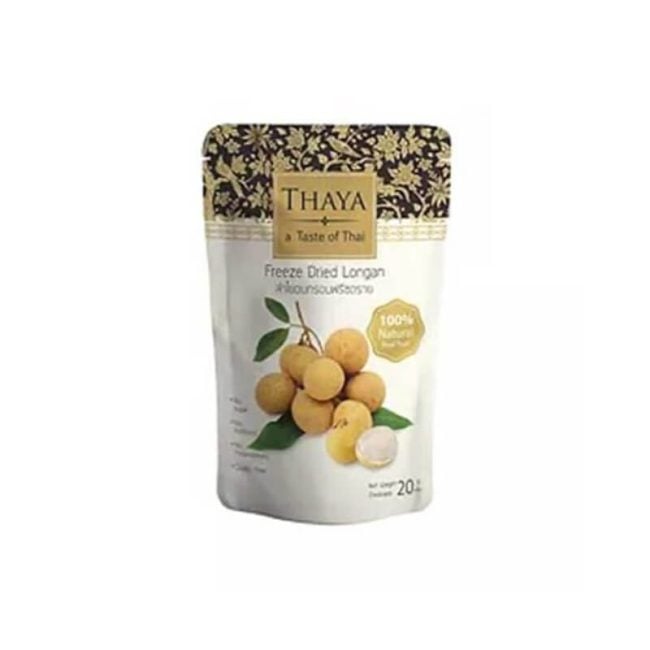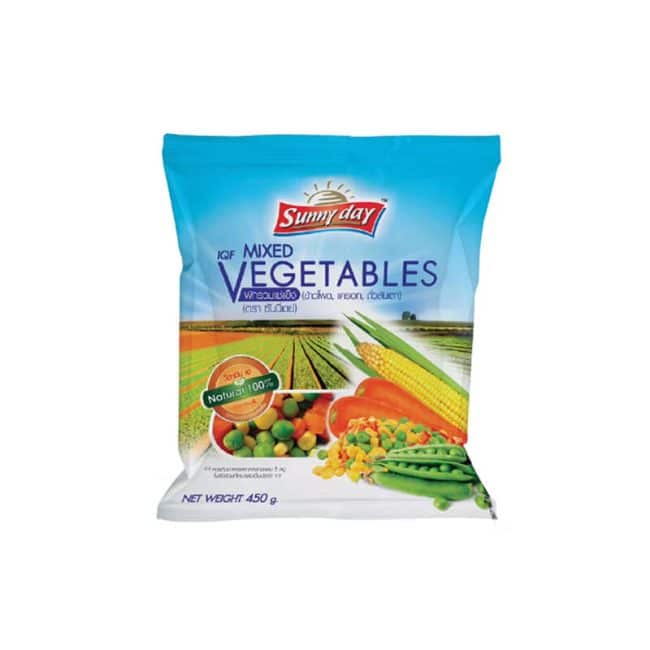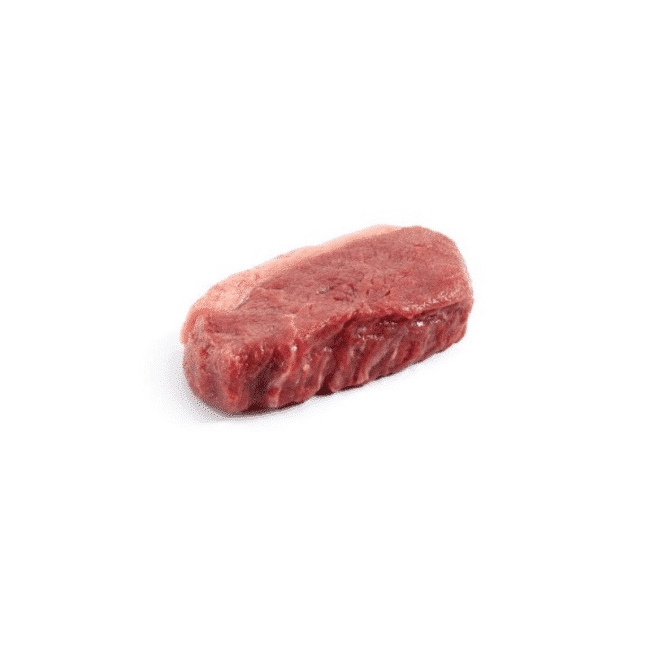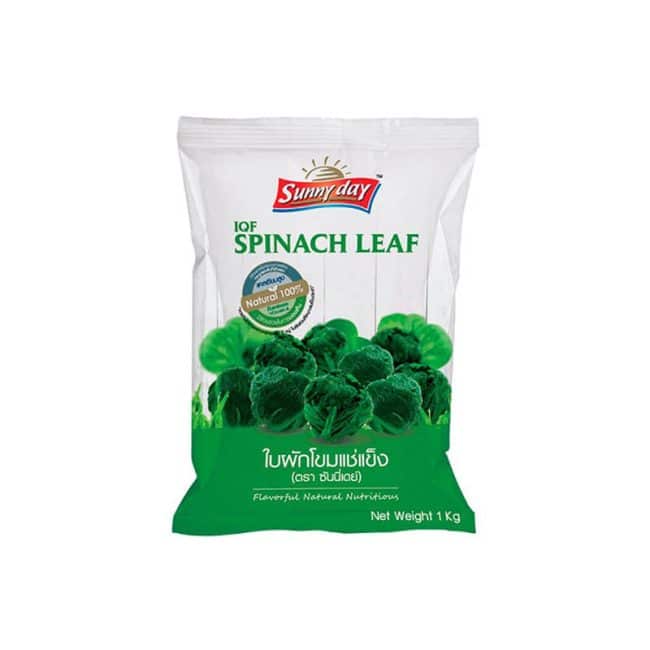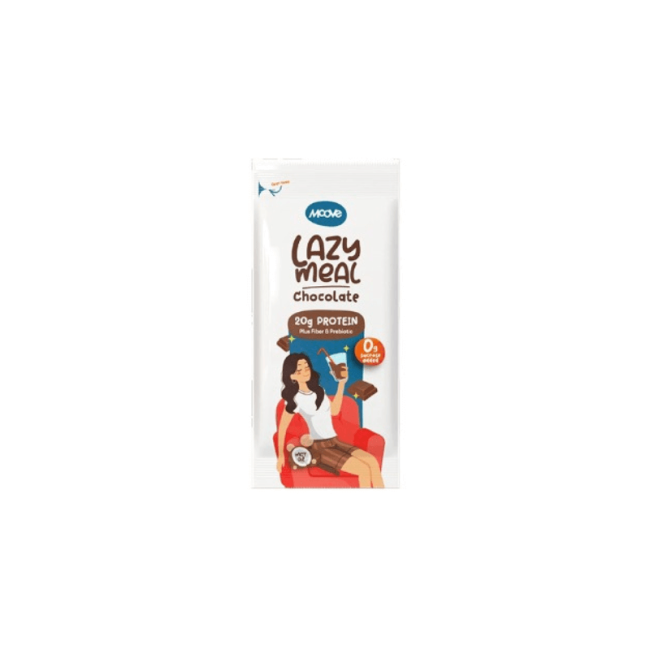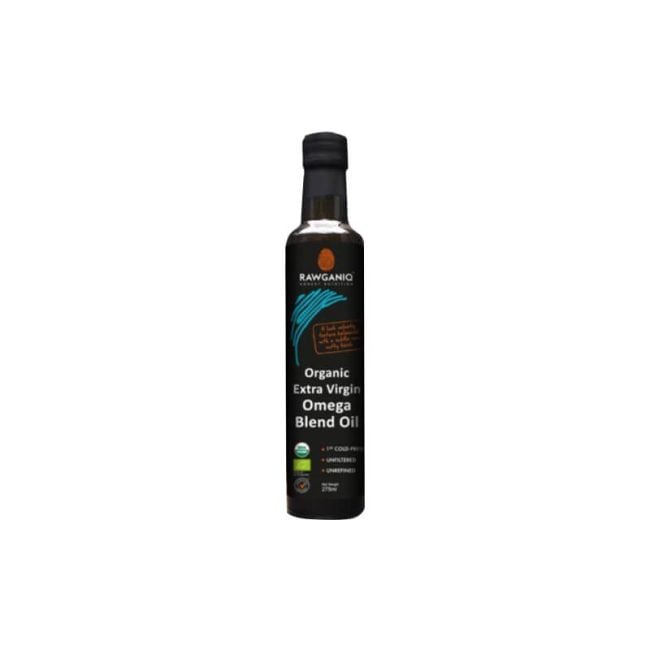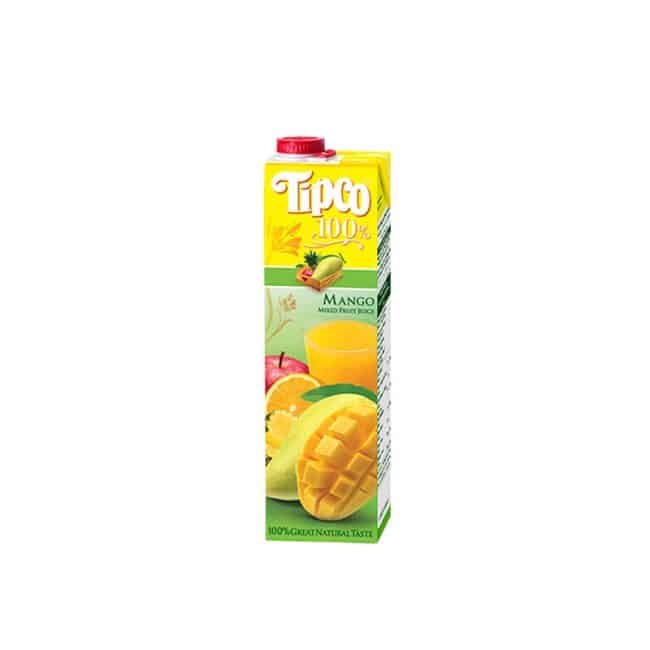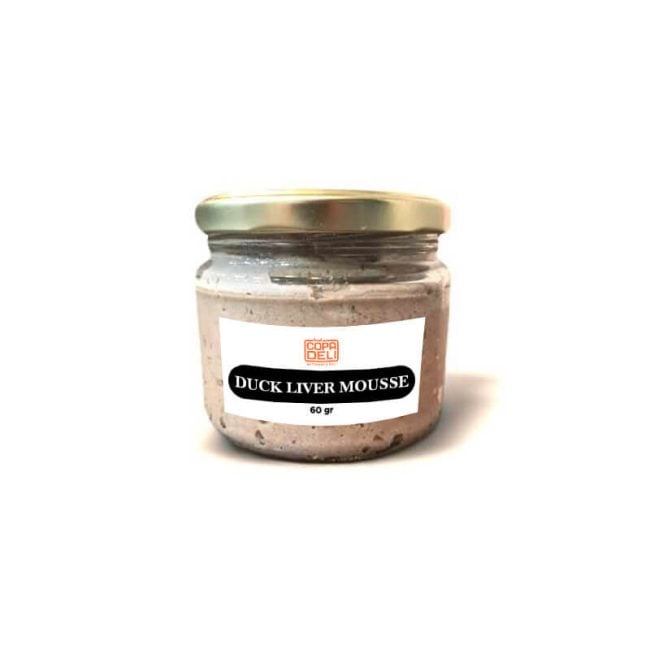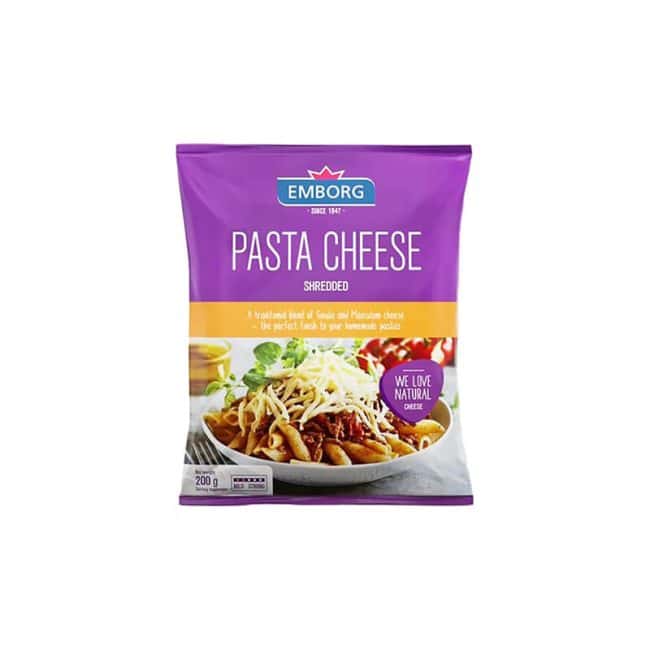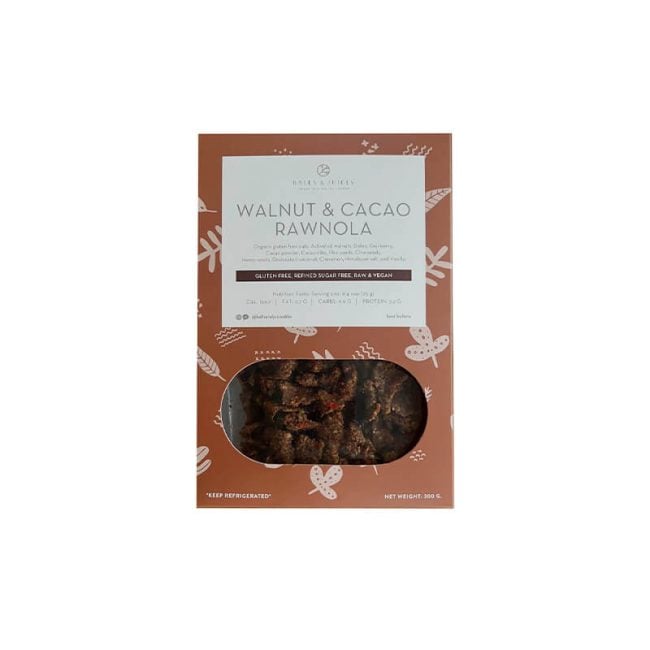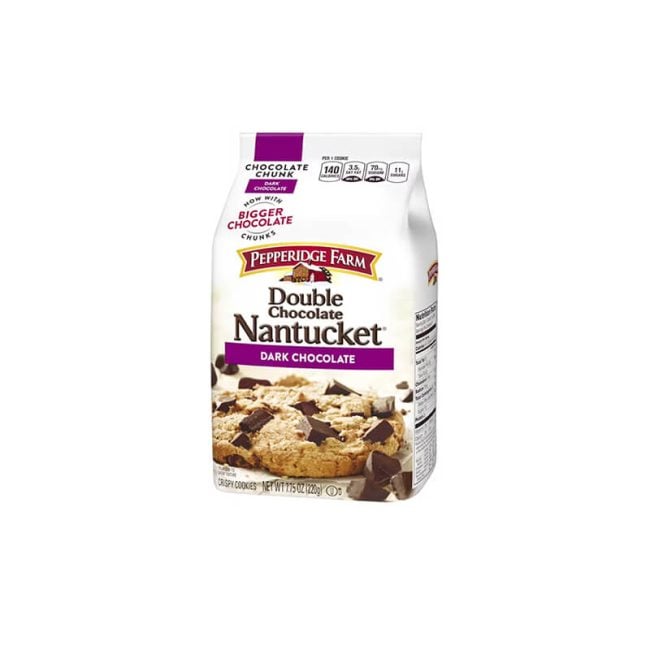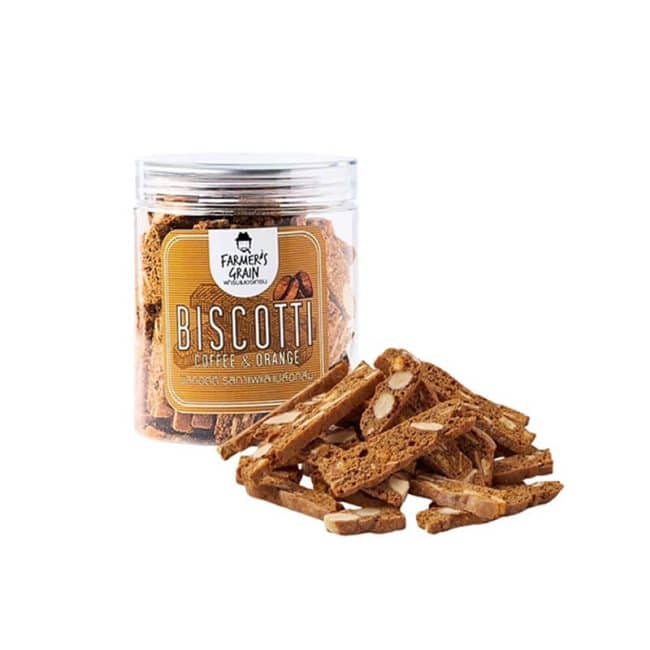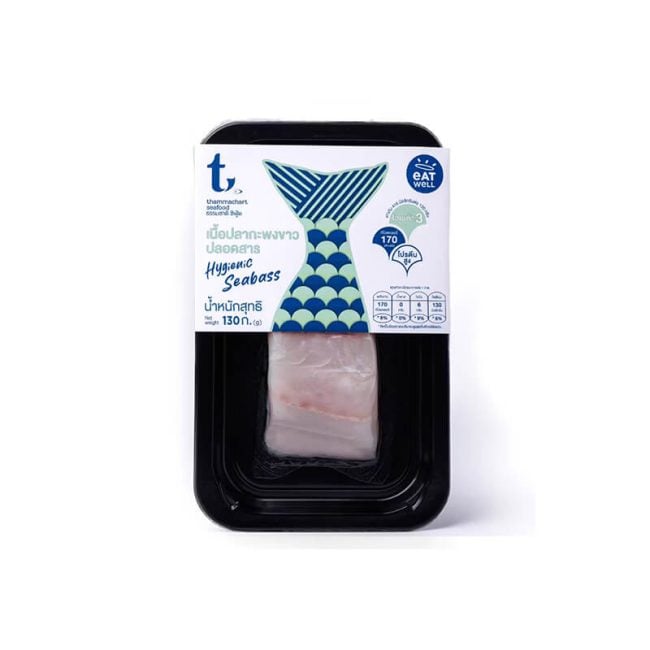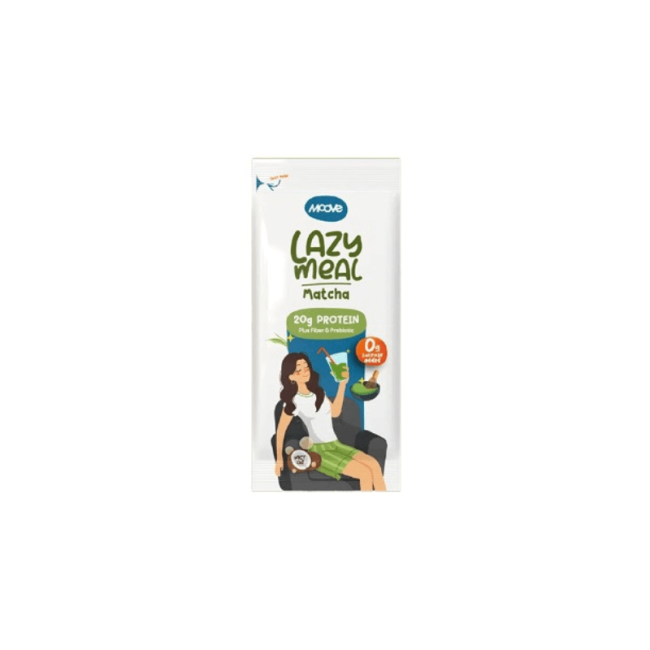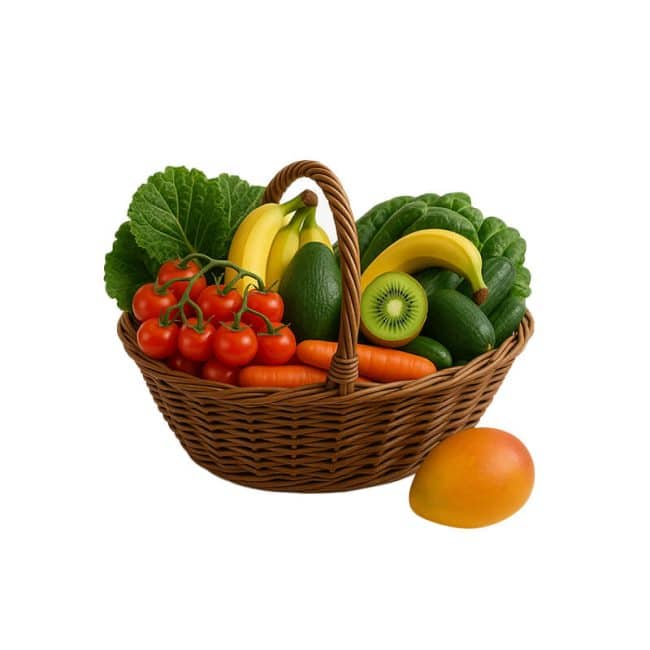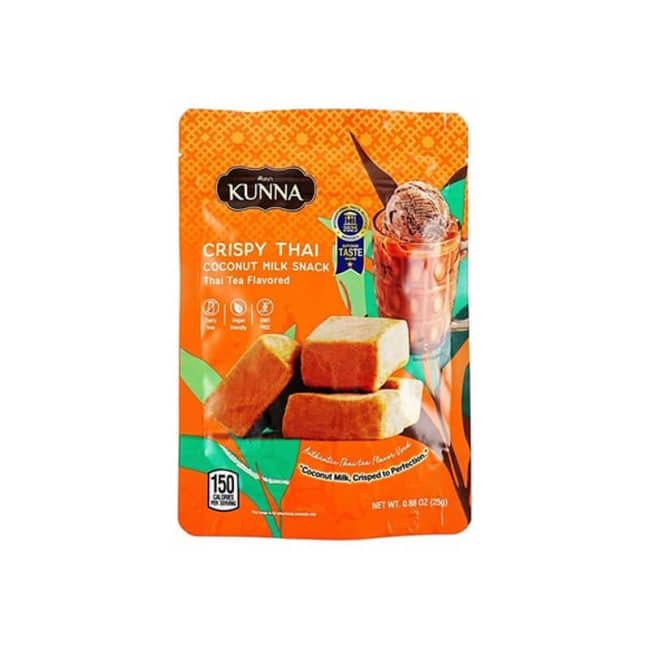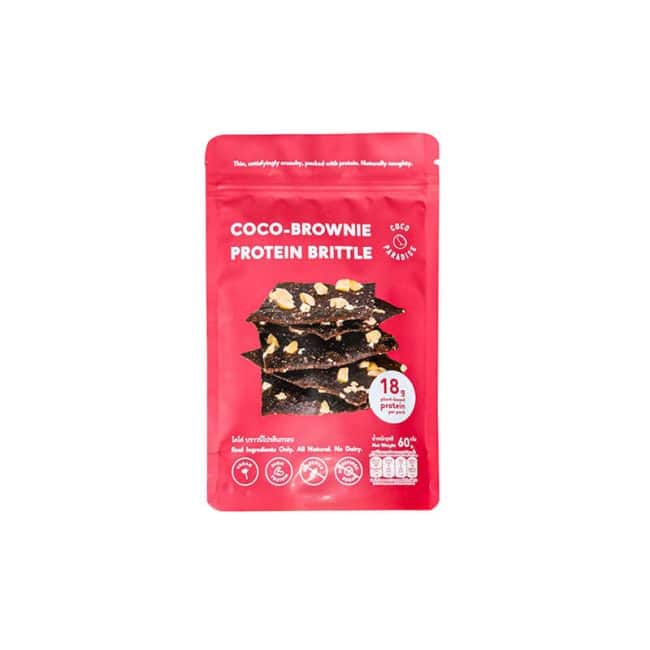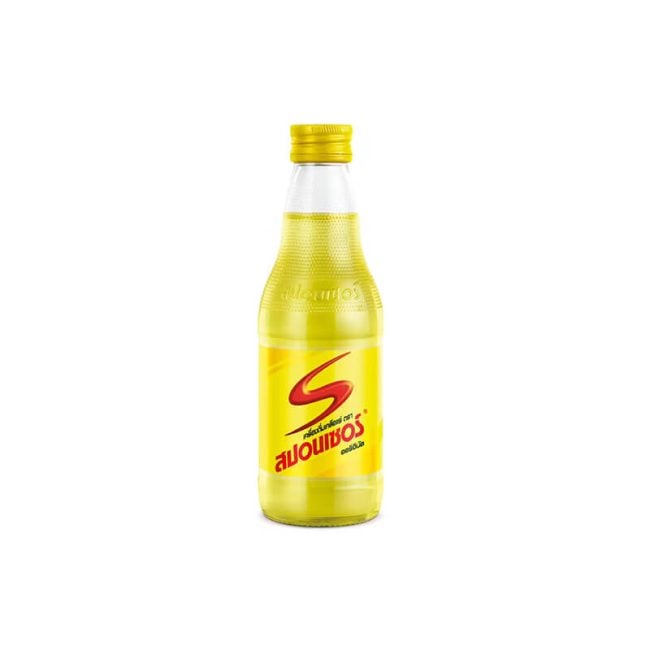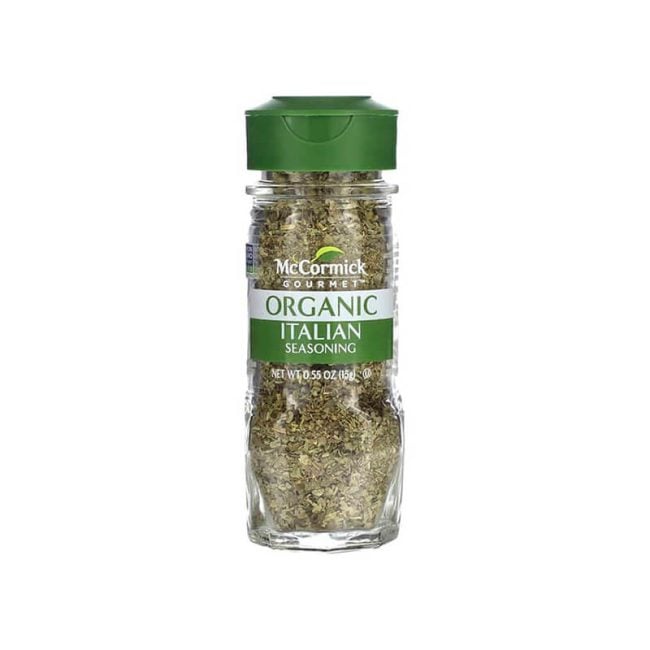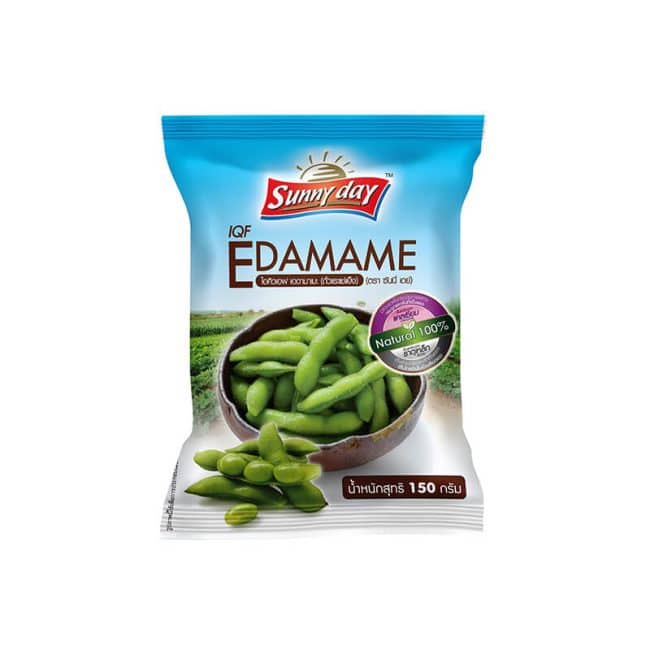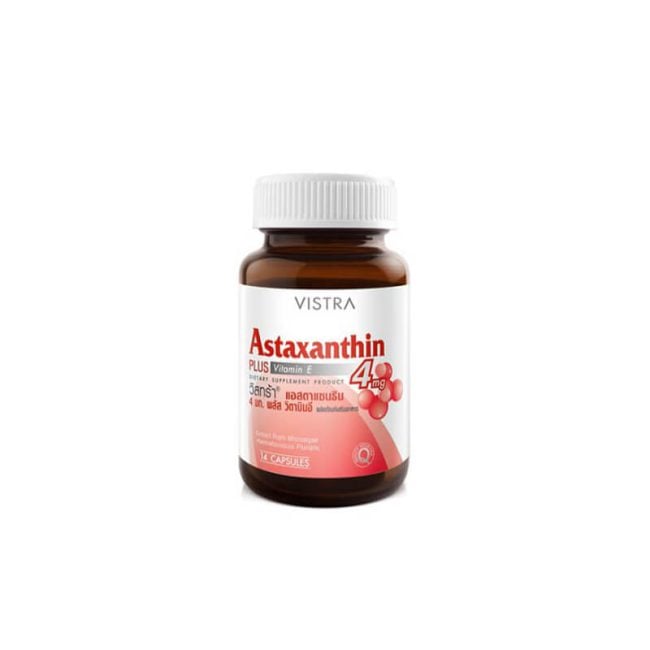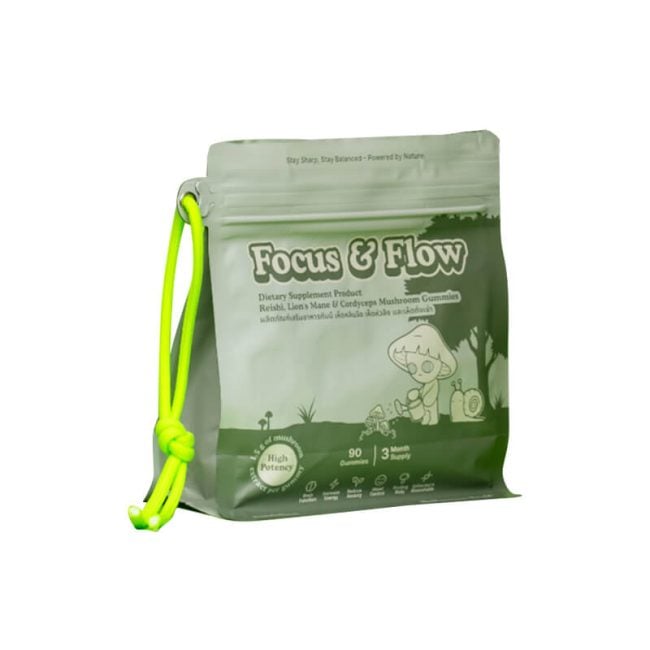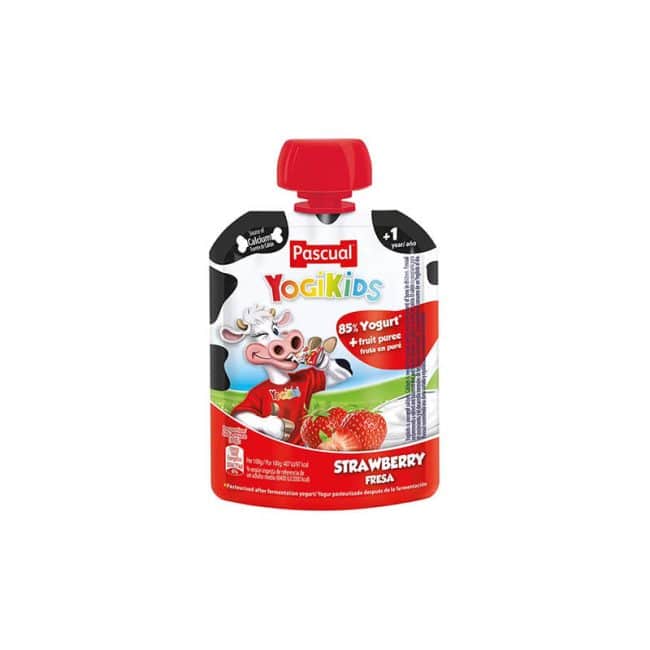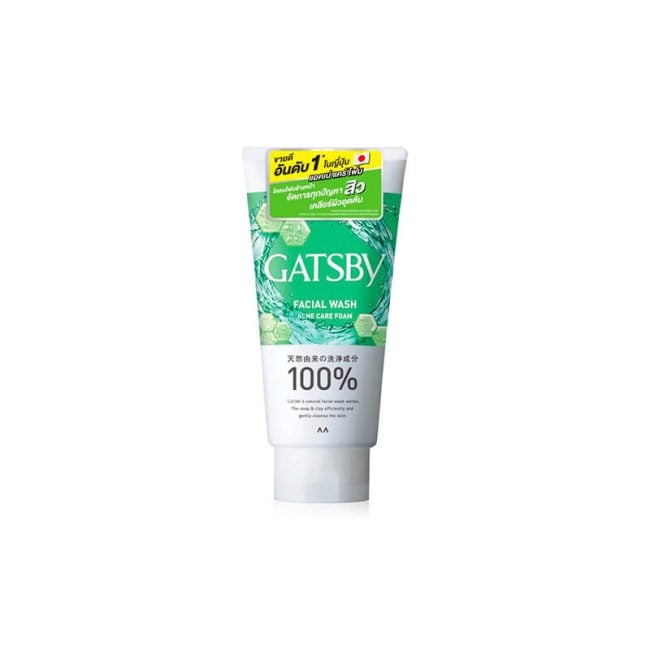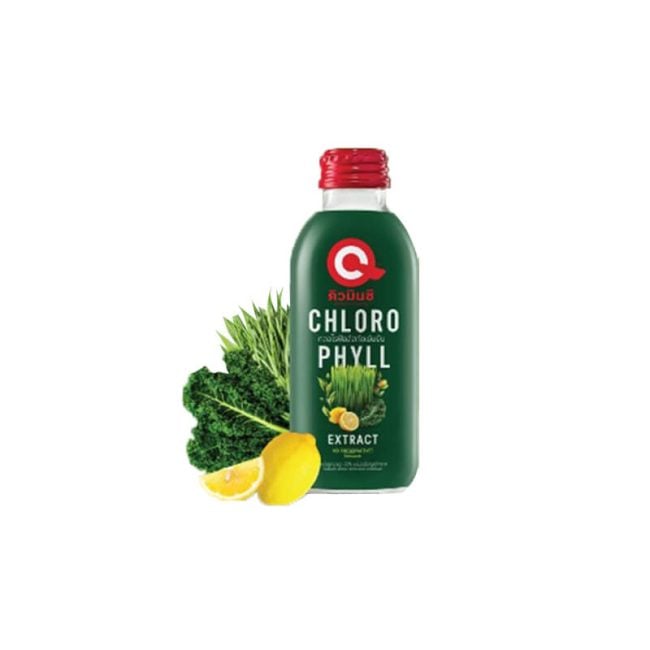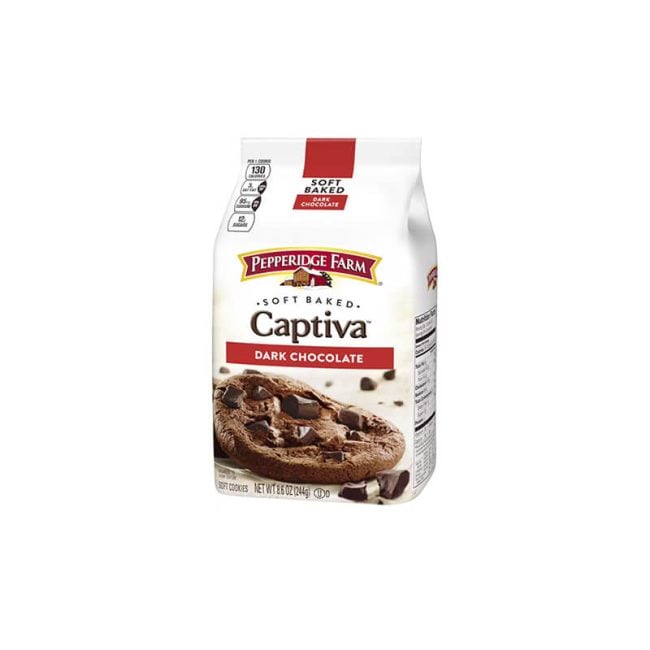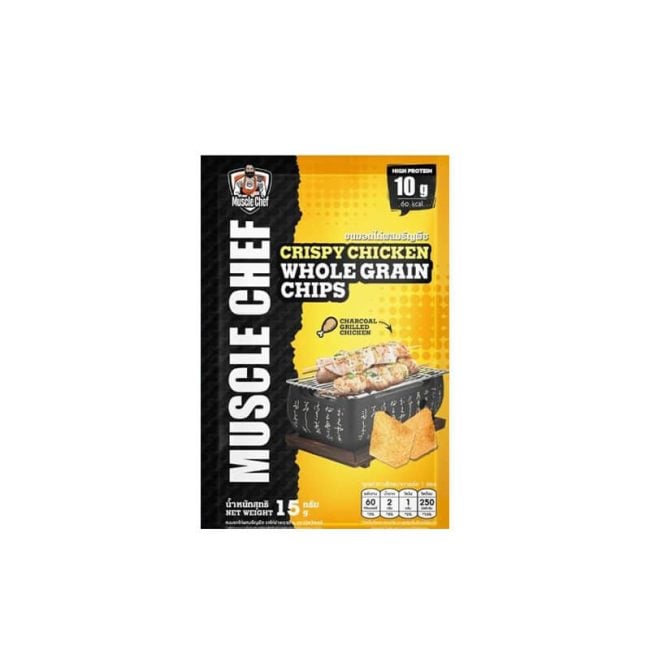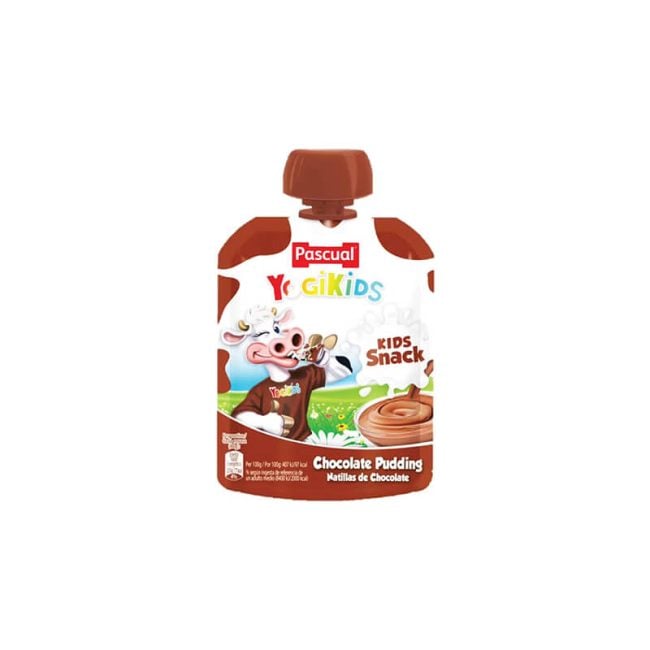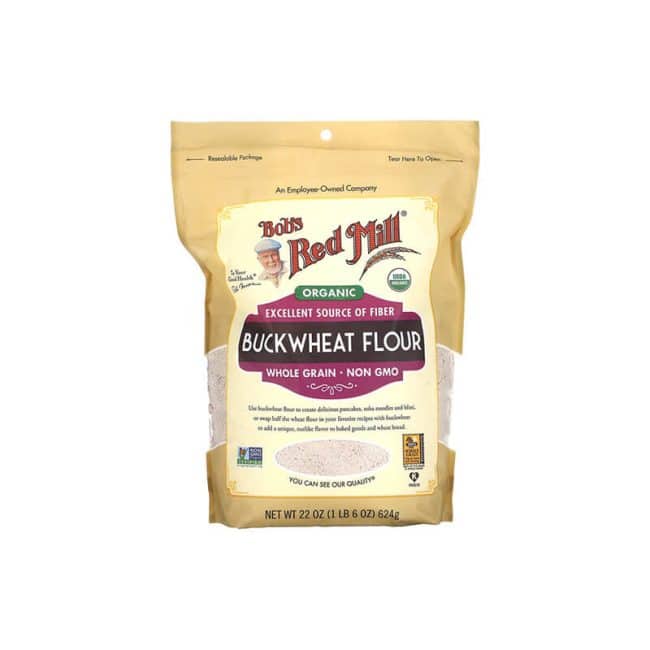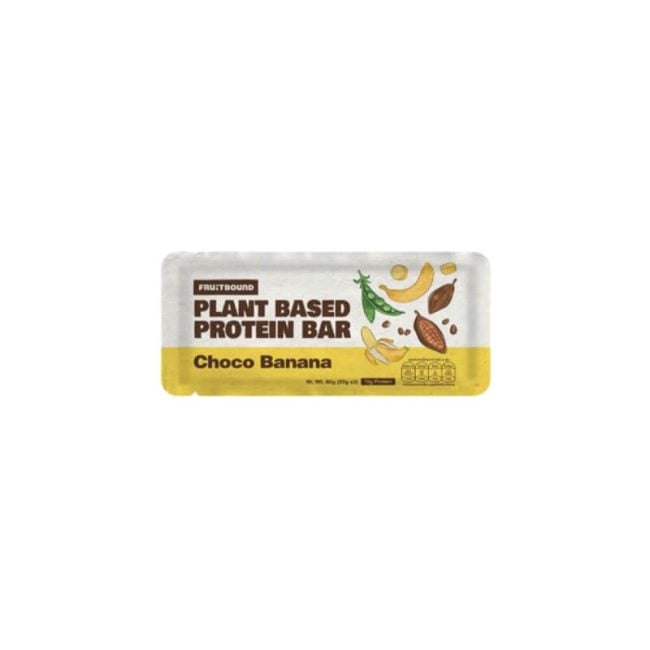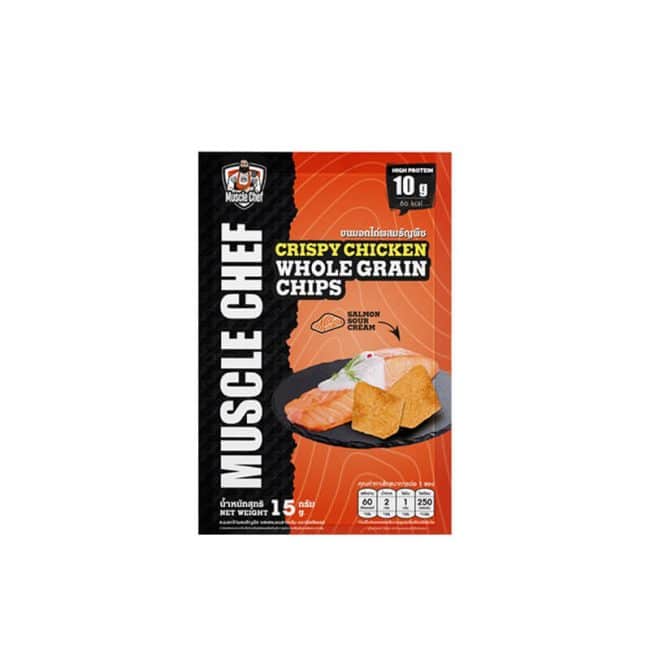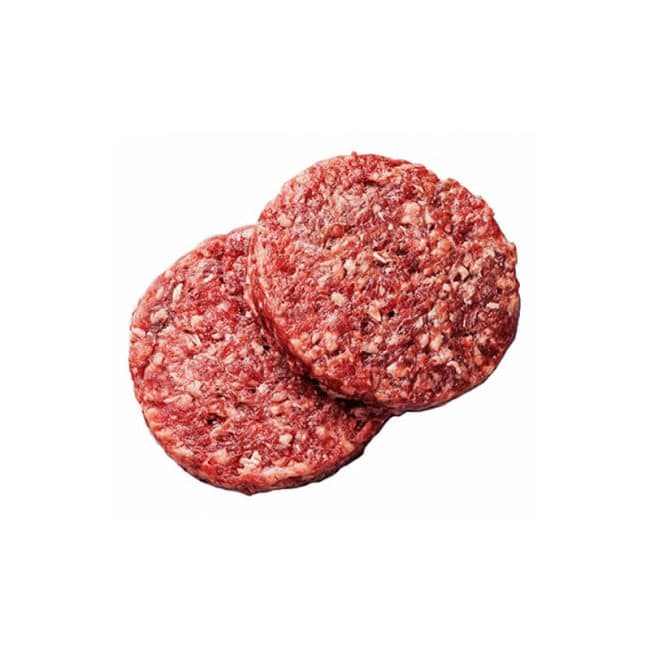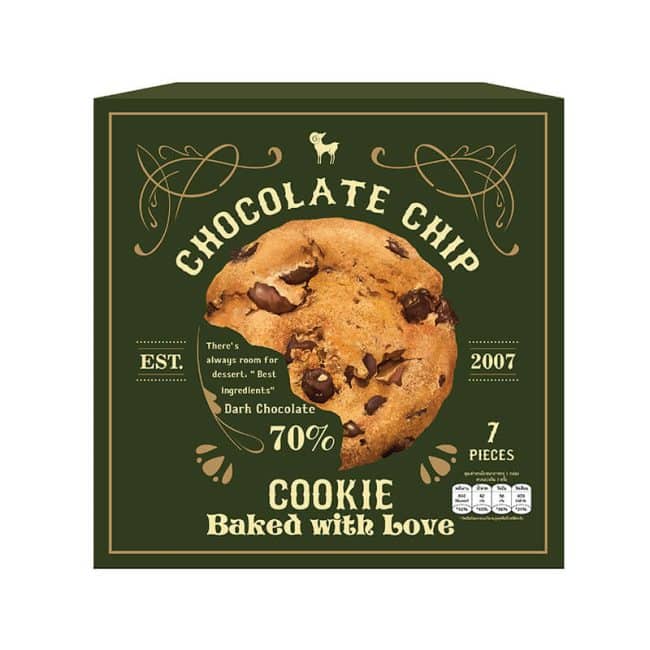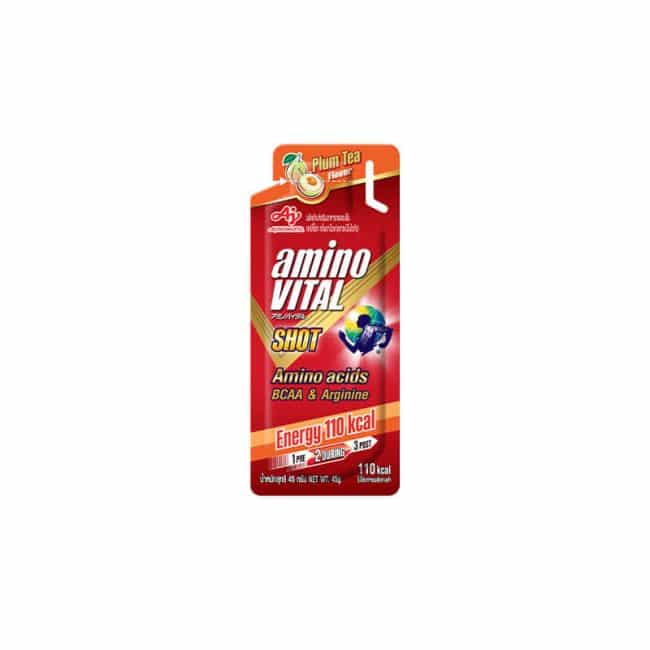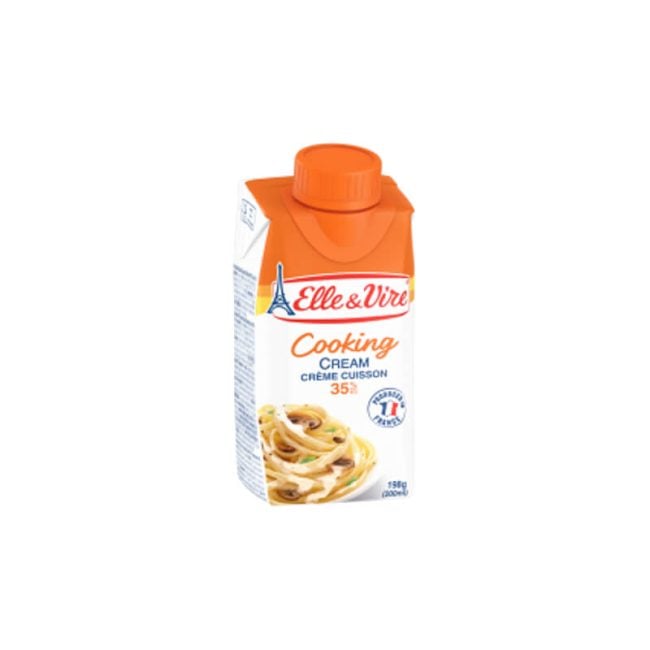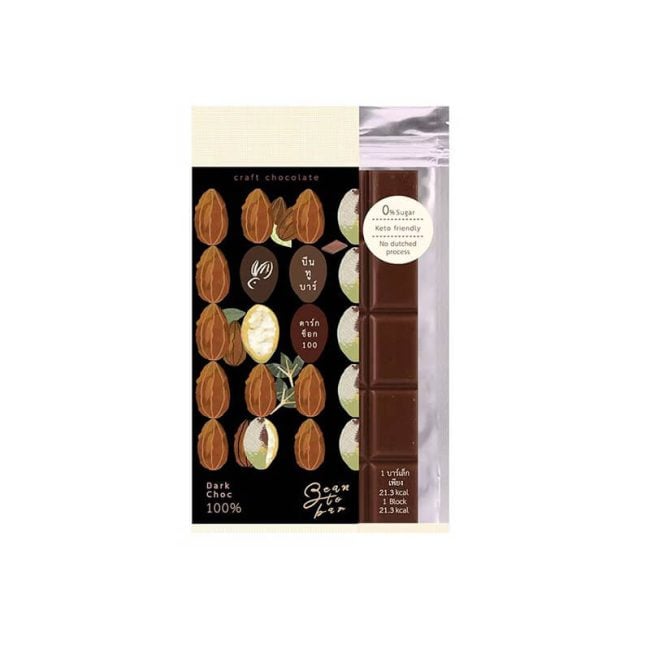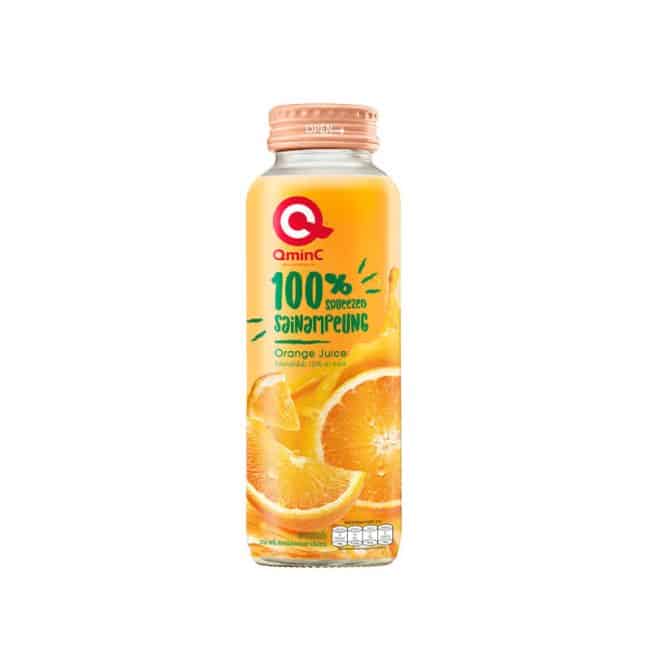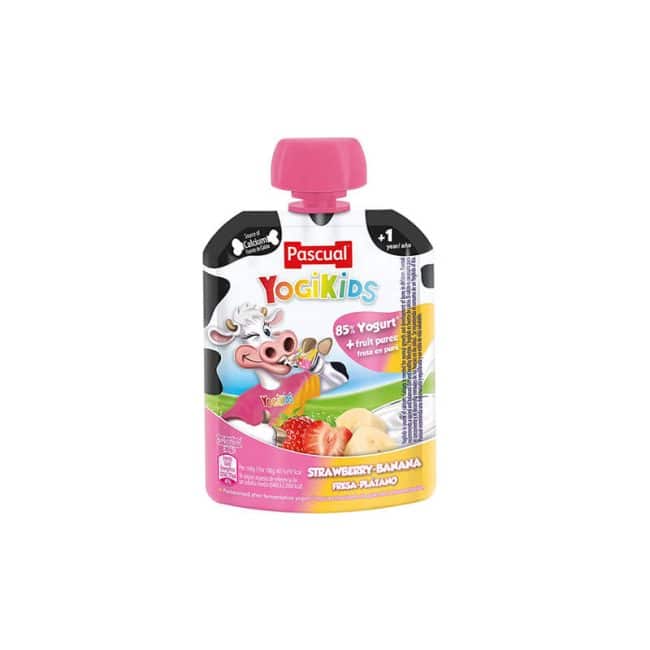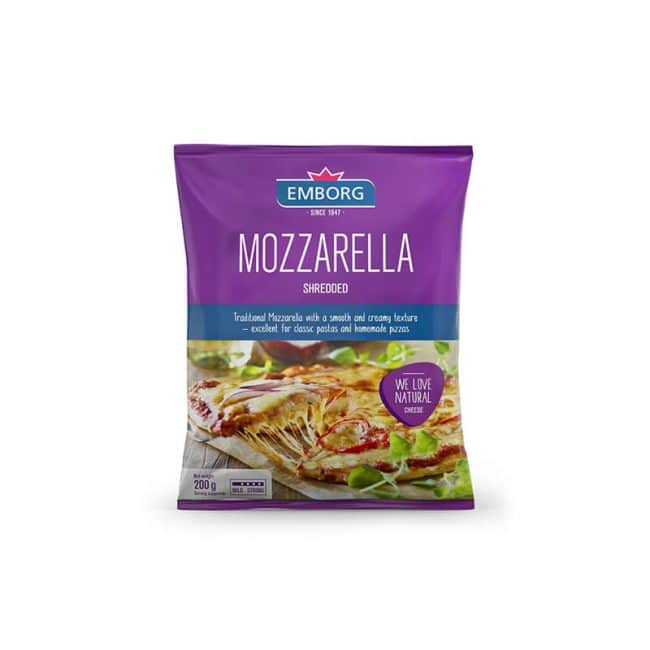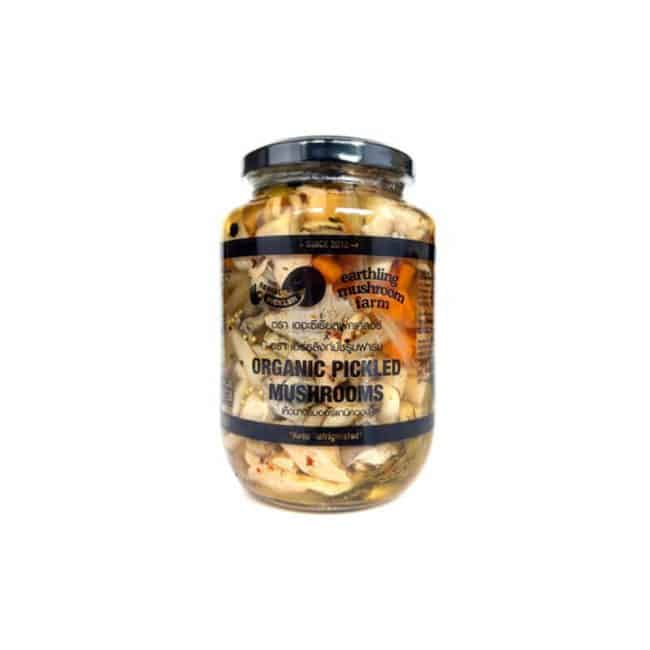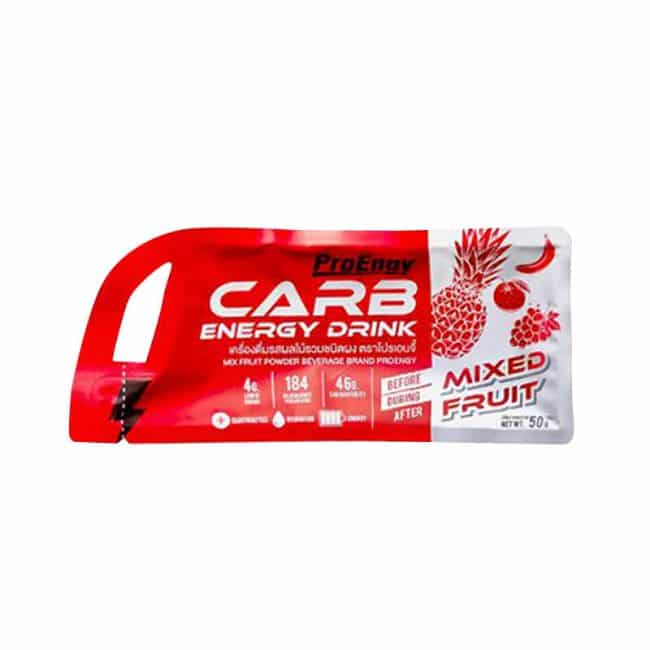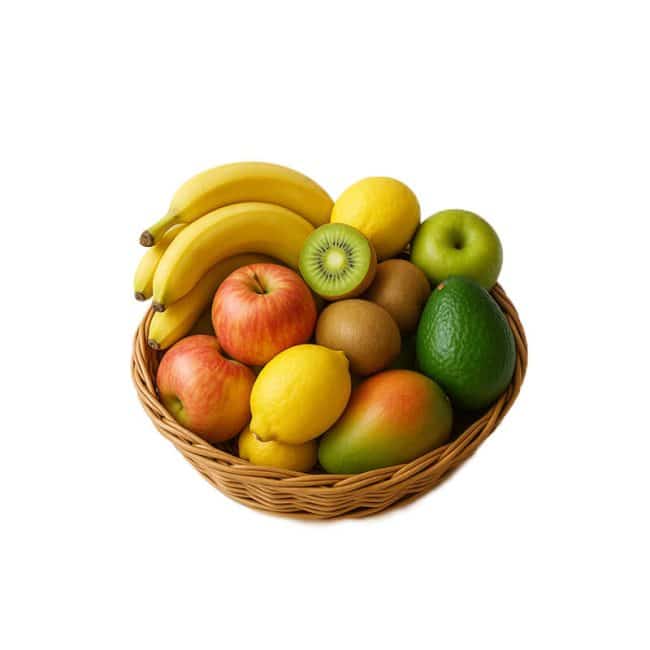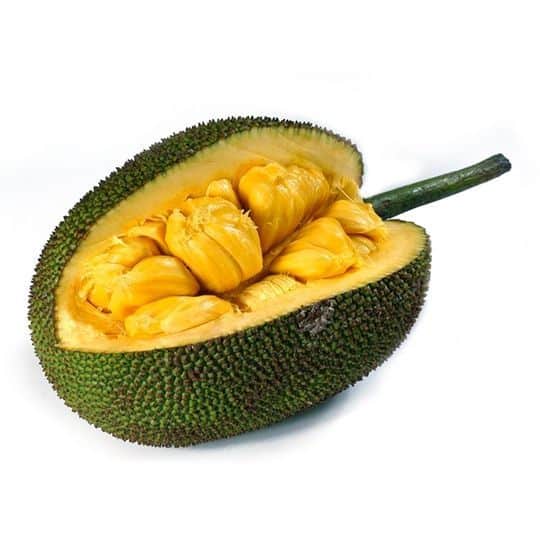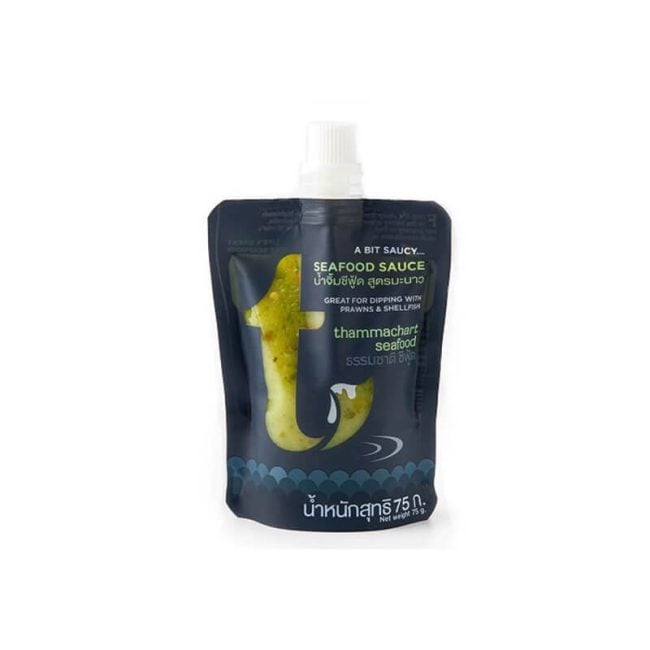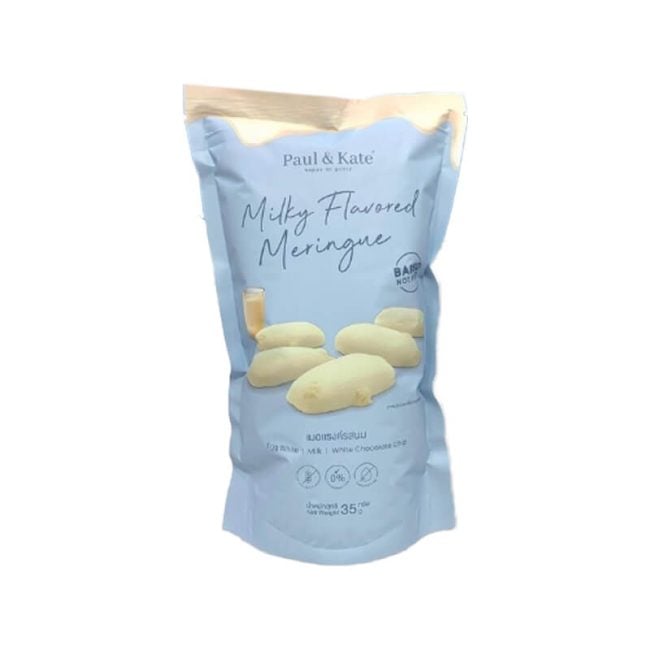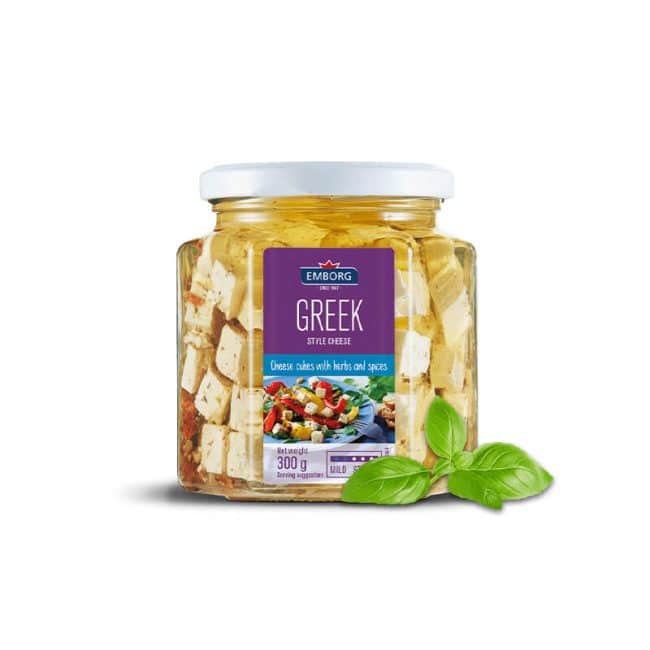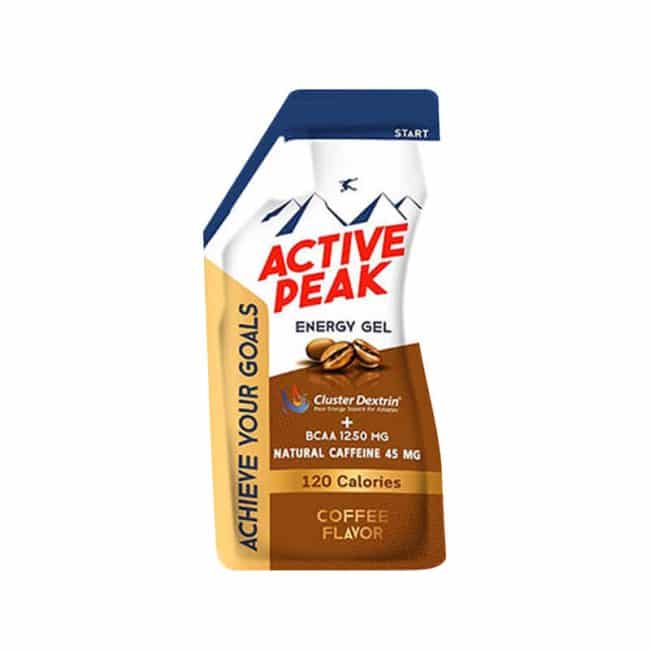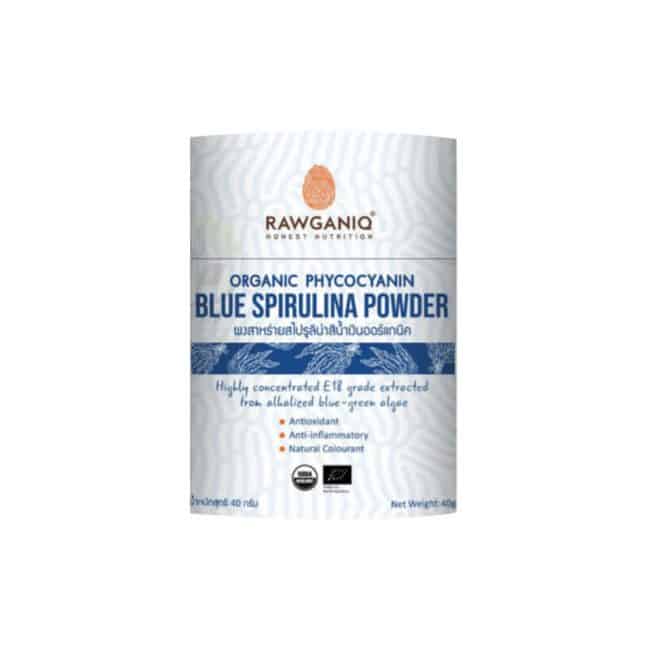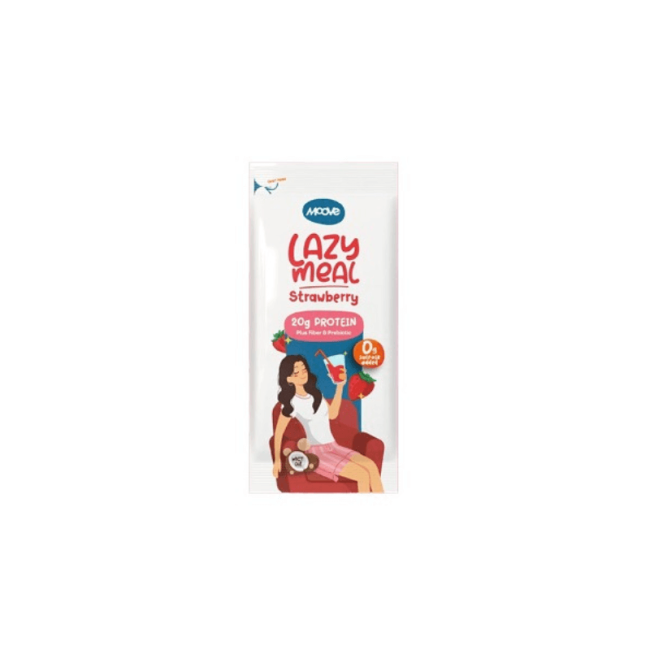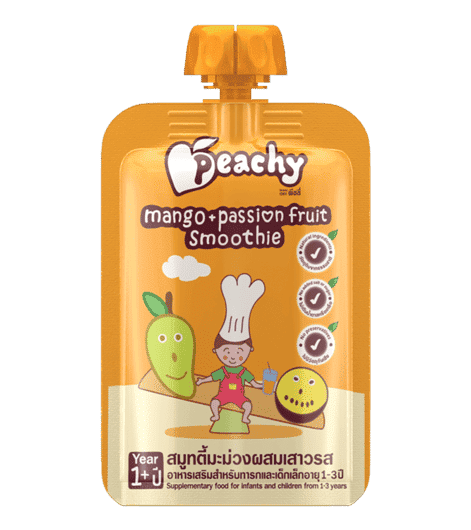The Nutritional Value of Pea Protein: How It Compares To Other Protein Sources
We understand that you love your smoothies and shakes and can’t imagine going a day without them. But, have you ever thought of boosting your protein intake by adding pea powder to them?
If you haven’t, then you probably have been missing out on a lot. Pea is one of the most popular protein supplements that is primarily derived from yellow split peas.
It’s a plant based protein source that continues to increase in popularity due to its high nutritional status, sustainability, and allergen-free status.
If you’ve been wondering about the nutritional value of pea protein and how it compares to other protein sources, you’ve come to the right place. But first things first, what is pea protein?

What you need to know about this protein
As earlier mentioned, pea protein is derived from yellow split peas. Yellow split peas are a variety of peas that are firstly dried and thereafter processed to remove starch and fiber leaving behind a concentrated protein powder.
It’s a complete protein source meaning that it contains all the 9 essential amino acids that your body needs for muscle building, repair, and recovery.
If you are a vegan or vegetarian or simply have dairy or soy allergies, pea is your supplement of choice to get the much-needed protein boost.
Additionally, pea is a sustainable source of protein making it environmentally friendly compared to animal based proteins.

What Is The Nutritional Value Of Protein?
That protein is highly nutritious, an excellent source of protein, and offers a wide range of health benefits is not in doubt. Let us take a look at the key nutrients found in pea protein.
- Protein: Pea protein is without a doubt a high-quality protein source and boasts over 90% protein content.
- Vitamins and minerals: Other than being a rich source of protein, pea is also a rich source of iron (crucial for healthy blood), as well as other minerals such as calcium, magnesium, and zinc.
- Fiber: Pea is a good source of dietary fiber. Dietary fiber is essential in regulating digestion as well as promoting a feeling of fullness.
- Amino Acids: Not only does pea contain all the essential amino acids but is also high in branched-chain amino acids (BCAAs) that are instrumental in muscle growth and speeding up the process of muscle recovery.
- Low in calories: When compared to other protein sources, pea is low in calories making it the perfect option for individuals trying to manage their weight.
How Does Pea Protein Compare To Other Protein Sources?
While pea is an excellent source of high-quality protein, it’s not the only available source of protein. Let’s see how pea protein stacks up against other popular protein sources.
Pea Protein Vs Whey Protein
There is no denying that whey protein is not only one of the most popular protein supplements on the market but also one of the most extensively studied.
Whey protein is derived from milk and is also a complete protein like pea.
However, there are a number of key differences between the two.
- Allergies: Pea is allergen-free but the same cannot be said of whey protein. In fact, whey protein is not suitable for individuals who are lactose intolerant or have dairy allergies.
- Sustainability: Pea is plant-based and hence a more sustainable source of protein than whey protein which is animal based.
- Digestibility: Whey protein is easily absorbed and digested by the body compared to pea. It is therefore an excellent protein supplement for maximizing post-workout recovery.
- Cost: Whey protein is generally more expensive than pea protein.
Pea Protein Vs Soy Protein
Just like pea protein, soy protein is also a popular plant based source of protein. But how do the two compare?
- Sustainability: Both pea and soy protein are plant based sources of protein hence more sustainable compared to animal based protein sources.
- Allergies: If you have a soy allergy, you are better off staying away from soy protein. Pea on the other hand is allergen-free.
- Taste: A number of people are of the opinion that soy protein has a distinct taste while pea has a milder taste.
- Nutrients: Both pea and soy proteins are complete proteins and contain all the essential amino acids.

The Bottom Line
Pea protein is not only a highly nutritious but also a sustainable source of protein. What this means is that consuming pea protein is environmentally friendly and therefore contributes to sustainable living.
Additionally, if you are the kind of person that has been looking to reduce the consumption of animal-based protein sources, you are right at home with pea. It is allergen-free and suitable for vegans and vegetarians.
When comparing pea to other protein sources, it is clear that pea protein has a number of advantages over them. It is a complete source of protein making it essential for individuals seeking to build muscles and repair damaged tissues.
It is also rich in fiber hence instrumental in regulating digestion and promoting a feeling of fullness.
In simple terms, pea is an excellent source of protein for people who are lactose intolerant, vegans and vegetarians, or those with dairy allergies.
It is recommended that you buy a pea supplement that is free from artificial ingredients. Only go for organic pea protein supplements made using natural ingredients and of the highest quality.
You can get these high-quality allergen-free protein supplements from our eshop and boost your protein intake without having to worry about allergies.
At Organic Village we continue to set the bar high and are a trendsetter in the selling of organic supplements, organic oranges, and organic vegetables to mention but a few.

